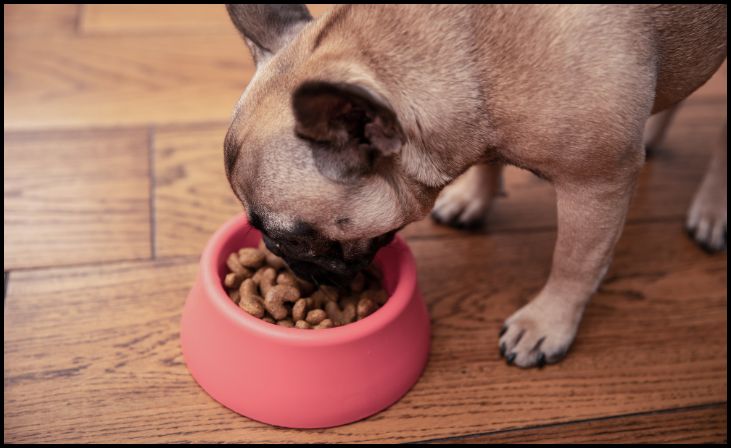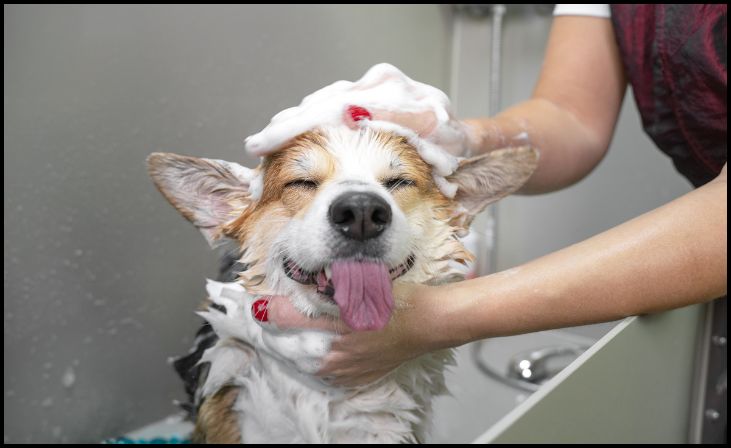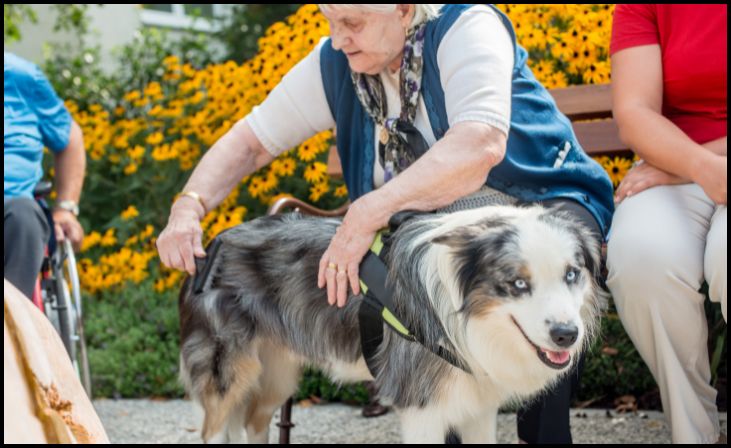Welcome to our comprehensive guide on enhancing your dog’s health and happiness with these invaluable tips. As pet owners, ensuring our furry companions live their best lives is a top priority. In this blog, we delve into ten expert-recommended strategies that can significantly boost your dog’s overall well-being. From nutrition and exercise to mental stimulation and emotional care, each tip is designed to cater to different aspects of your dog’s health, contributing to a longer, happier life.
Whether you’re a new pet parent seeking guidance or a seasoned dog owner looking to refine your care routine, you’ll find practical advice here. Our goal is not just to provide insights into maintaining physical health but also to highlight the importance of emotional and mental enrichment for your canine friend. By putting these suggestions into practice, you can provide your dog with a loving atmosphere that encourages vitality and happiness. Together, let’s start this adventure and put our beloved dogs’ wellbeing and health first!
10 Health And Happiness Tips For Dogs
Proper Nutrition is Key

Ensuring your dog receives a balanced diet is fundamental to their overall health and happiness. Choose high-quality dog food that meets their nutritional needs, including protein, fats, carbohydrates, vitamins, and minerals. Avoid feeding them excessive treats or table scraps, as these can lead to obesity and other health issues. Consult your veterinarian to determine the best diet plan based on your dog’s age, breed, and activity level. Providing fresh water at all times is also essential for their well-being.
Read Also – 9 Best Dog Care Tips For New Pet Owners
Regular Exercise Routine
Dogs need frequent exercise to keep healthy and happy, just as people do. Develop a daily exercise routine that suits your dog’s breed, age, and energy level. This could include brisk walks, jogging, playing fetch, or engaging in agility exercises. Exercise not only helps maintain a healthy weight but also stimulates their mind and prevents behavioral issues caused by boredom. Particularly with older or less energetic breeds, be aware of your dog’s limits and modify their exercise regimen appropriately.
Mental Stimulation and Enrichment Activities
Keeping your dog mentally stimulated is crucial for their overall happiness. Offer children challenging cognitive exercises, puzzle games, and interactive toys to enhance their learning. Training sessions, both for obedience and fun tricks, can also engage their minds and strengthen the bond between you and your dog. To keep things fresh, rotate their toys often, and think about introducing new activities to keep them from becoming bored.
Regular Veterinary Check-Ups
Regular visits to the doctor are crucial for keeping an eye on your dog’s health and identifying any possible problems early on. As advised by your veterinarian, schedule routine checkups, immunizations, and dental examinations. These visits also provide an opportunity to discuss your dog’s diet, exercise routine, and any behavioral concerns you may have. Your dog’s lifespan and quality of life may both be greatly increased by early diagnosis and treatment of health problems.
Proper Grooming Practices

Maintaining good grooming habits contributes to your dog’s physical health and emotional well-being. Frequent brushing helps prevent matting and maintains the shiny appearance of their coat. Depending on their breed, you may also need to trim their nails, clean their ears, and brush their teeth regularly. Proper grooming not only enhances their appearance but also reduces the risk of skin infections and other health problems.
Positive Reinforcement Training
Using positive reinforcement techniques, such as treats, praise, and rewards, is an effective way to train your dog and promote good behavior. Reward-based training techniques should be avoided since they may cause your dog to become fearful and anxious. Patience and consistency are essential for effective training. Focus on reinforcing desired behaviors and redirecting unwanted behaviors in a positive manner. Training sessions should be short, frequent, and enjoyable for both you and your dog.
Provide a Safe and Comfortable Environment
Create a safe and comfortable living space for your dog both indoors and outdoors. Provide them with a cozy bed or crate where they can rest undisturbed. Ensure that their environment is free from hazards, toxic plants, chemicals, and other potential dangers. Consider their comfort during extreme weather conditions and provide adequate shelter and protection. A secure fenced yard or leash walks also ensure their safety when outside the home.
Socialization with Other Dogs and People
Socializing your dog from a young age helps them feel more comfortable and confident in various situations. Gradually and favorably introduce children to various people, animals, and settings. Dog parks, obedience classes, and playdates with other friendly dogs can provide valuable socialization opportunities. Appropriate socialization fosters a happy, well-adjusted dog and lessens the possibility of fear or hostility toward strangers or other animals.
Monitor and Maintain Weight
Keeping your dog at a good weight is very important for its health and life. Being overweight can cause many health issues, such as joint pain, diabetes, and heart disease. Keep an eye on your dog’s weight and make changes to their food and exercise routine as needed to keep them at a healthy weight. Not eating too much and not having too many treats will help you stay slim. Your veterinarian can provide guidance on ideal weight and dietary recommendations based on your dog’s breed and body condition.
Emotional Bonding and Attention

Building a strong emotional bond with your dog is essential for their happiness. Spend quality time with them each day, engaging in activities they enjoy, such as playing, grooming, or simply cuddling. Pay attention to their body language and vocalizations to understand their needs and feelings. Dogs thrive on companionship and positive interactions with their human family members, so make time for bonding activities that strengthen your relationship.
Provide Consistent Routine and Structure
Consistency and pattern are very important to dogs because they make them feel safe and calm. Set up a regular time each day to eat, exercise, learn, and rest. Predictable routines help dogs know what to expect and can prevent anxiety or behavioral issues. Be patient when introducing changes to their routine and gradually acclimate them to any new schedules or activities. Consistency in your interactions and expectations reinforces positive behaviors and fosters a harmonious environment for your dog.
For More – Top 10 Essential Supplies Every New Pet Owner Needs
Conclusion
In conclusion, fostering health and happiness in your dog is an ongoing commitment that requires attention to various aspects of their well-being. By following the tips outlined in this guide—ranging from nutritious diet choices and regular exercise to mental stimulation and emotional bonding—you can significantly improve your dog’s quality of life. Remember, each dog is unique, so tailor these recommendations to suit your pet’s specific needs and preferences.
Spending time to learn about and meet your dog’s physical, social, and mental needs will not only make their life better, but it will also strengthen your bond with them. A happy, healthy dog is a great friend, and caring for their well-being is very satisfying. Let’s continue to prioritize the well-being of our canine friends and ensure they thrive for years to come!
FAQs
What is the best food for my dog’s health?
A balanced diet rich in high-quality protein, healthy fats, and essential nutrients is ideal. Consult your veterinarian for personalized recommendations.
How much exercise does my dog need daily?
Dogs generally need at least 30 minutes to 1 hour of exercise each day, depending on their breed, age, and health condition.



